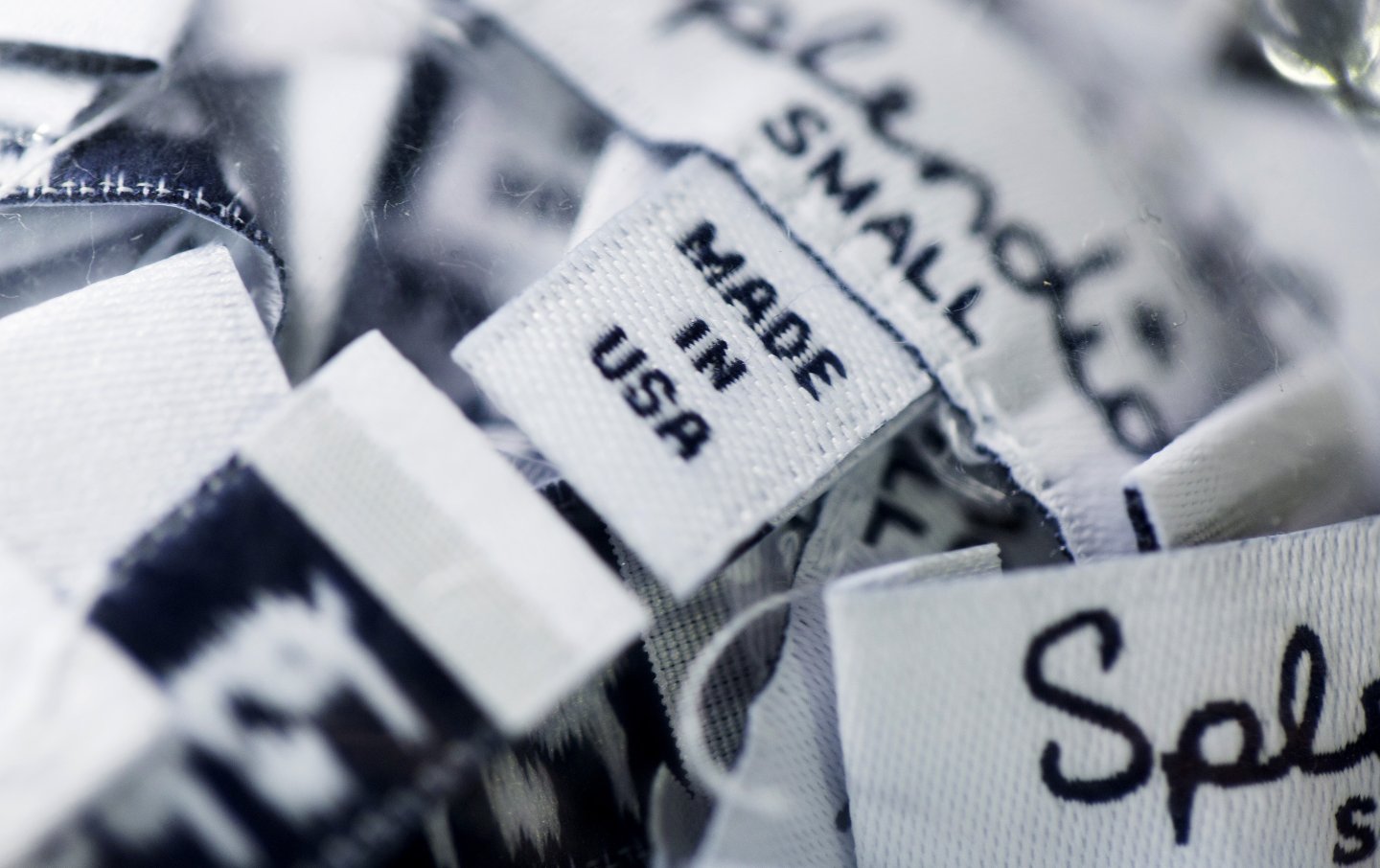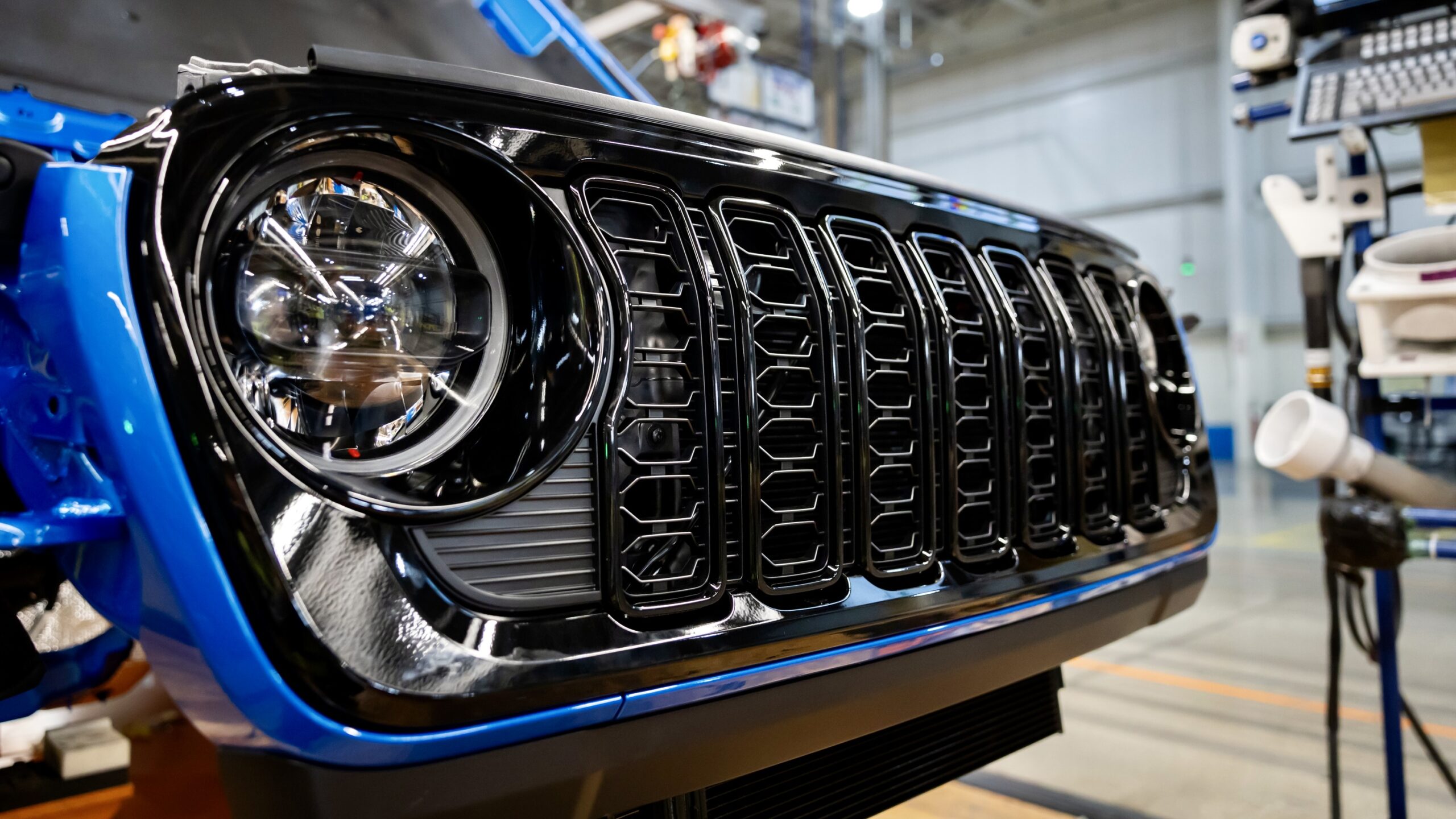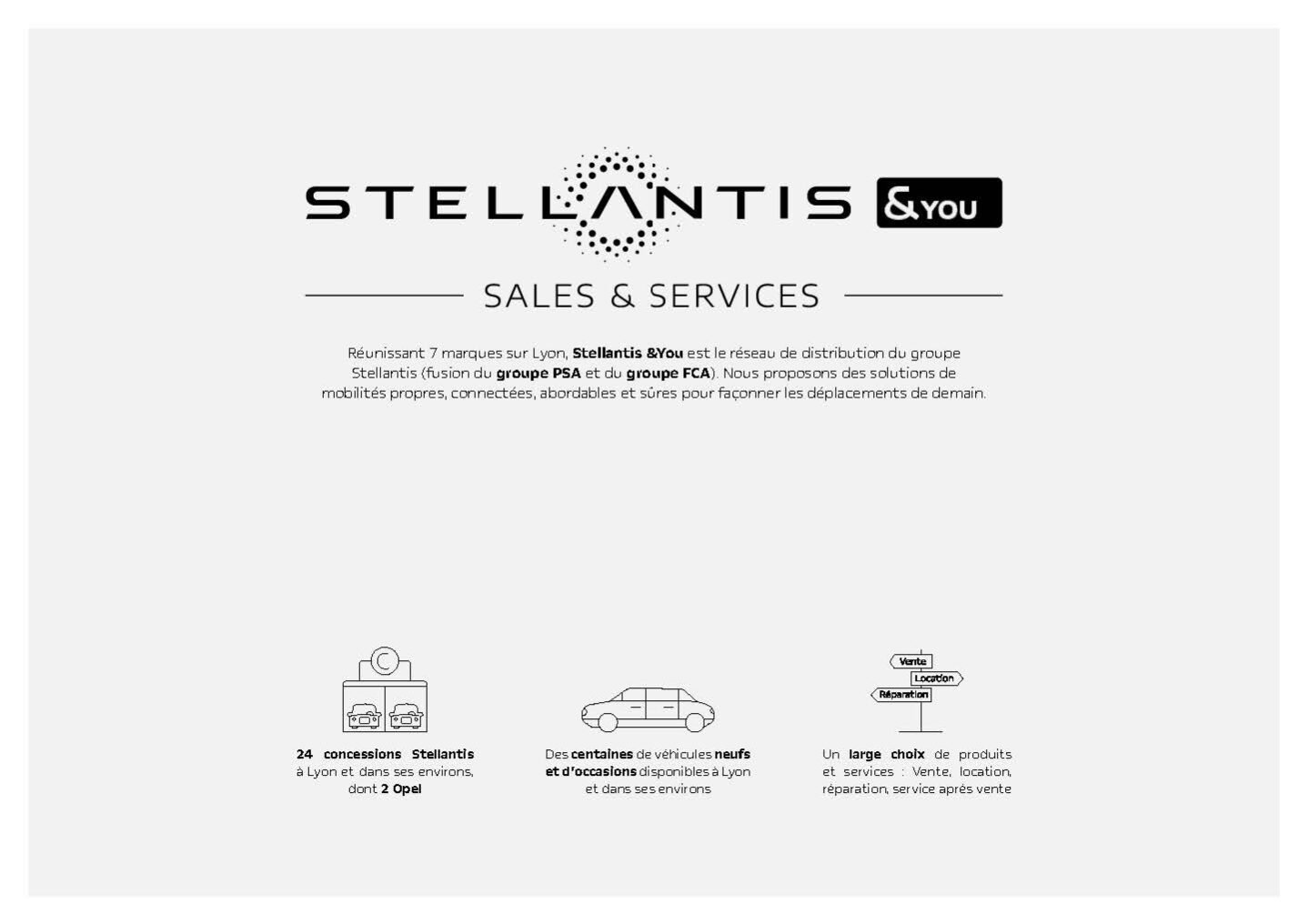Stellantis Revises Ads Following Concerns Over 'made In America' Claims

Auburn Hills, Michigan – Stellantis, the multinational automotive manufacturing corporation, is revising its advertising campaigns for certain vehicles after facing scrutiny over claims of being "Made in America." The company is responding to concerns that the advertisements might mislead consumers regarding the actual percentage of domestically produced parts used in their vehicles.
The move underscores the increasing sensitivity surrounding "Made in America" claims in the automotive industry. Consumers are paying more attention to the origin of vehicle components and the overall manufacturing footprint, especially in light of supply chain disruptions and a renewed focus on supporting domestic manufacturing.
Background of the Issue
The controversy arose following independent investigations and consumer complaints questioning the accuracy of Stellantis' advertising for several models. These investigations focused on discrepancies between the advertised perception of American-made vehicles and the actual proportion of parts sourced from the United States and Canada. This concern is particularly relevant given the existing regulations on what constitutes a "Made in America" product.
The American Automobile Labeling Act (AALA) requires automakers to disclose the percentage of U.S. and Canadian parts in their vehicles. The AALA helps consumers make informed decisions about their car purchases. It is enforced by the National Highway Traffic Safety Administration (NHTSA).
Stellantis' Response
Stellantis has acknowledged the concerns and announced a comprehensive review of its advertising materials. The company stated that it is committed to ensuring transparency and accuracy in its marketing campaigns. They intend to revise advertisements to more clearly reflect the actual origin of vehicle components.
“We are actively working to update our advertising to accurately reflect the North American content of our vehicles," stated a Stellantis spokesperson in an official statement. The company emphasizes its significant investment in U.S. manufacturing facilities and employment.
Specific Areas of Revision
The revisions primarily target advertisements for specific models where the "Made in America" claims were deemed potentially misleading. These revisions will focus on the specific language used to describe the vehicles. They will also provide more detailed information about the origin of parts and the location of final assembly.
Sources familiar with the matter suggest that Stellantis is working to align its advertising language with the AALA standards and consumer expectations. This involves clarifying the percentage of U.S. and Canadian parts used in each model.
Potential Impact
The fallout from this event has several implications for the automotive industry and consumers. This situation emphasizes the importance of accurate labeling and transparent advertising. It demonstrates the increasing consumer demand for information about the origin of products.
For Stellantis, this revision is an opportunity to rebuild trust with consumers. They can do so by embracing transparency and accurate reporting practices. The company’s reputation and brand image are at stake.
For the broader automotive industry, this situation serves as a reminder to carefully review and validate advertising claims related to domestic production. Increased scrutiny from regulators and consumer advocacy groups is expected.
Broader Implications for 'Made in America' Claims
The Stellantis case highlights a broader trend of increased scrutiny of "Made in America" claims across various industries. Consumers are becoming more conscious of where products are made and are willing to pay a premium for goods manufactured in the United States.
This trend has spurred a renewed focus on enforcing existing regulations and potentially strengthening labeling requirements. Organizations advocating for domestic manufacturing are pushing for stricter standards.
The incident may also prompt other companies to re-evaluate their marketing strategies. It will likely lead to greater emphasis on verifiable data and transparent communication with consumers.
Conclusion
Stellantis' decision to revise its advertising following concerns over "Made in America" claims underscores the importance of truthfulness in marketing. The situation demonstrates the impact of consumer awareness and the need for accurate product labeling. The outcome of this case will likely shape the future of advertising standards and consumer expectations within the automotive industry.


/cloudfront-us-east-2.images.arcpublishing.com/reuters/3UNHVEAXMBNWLOMNM4WI52UNNM.jpg)















